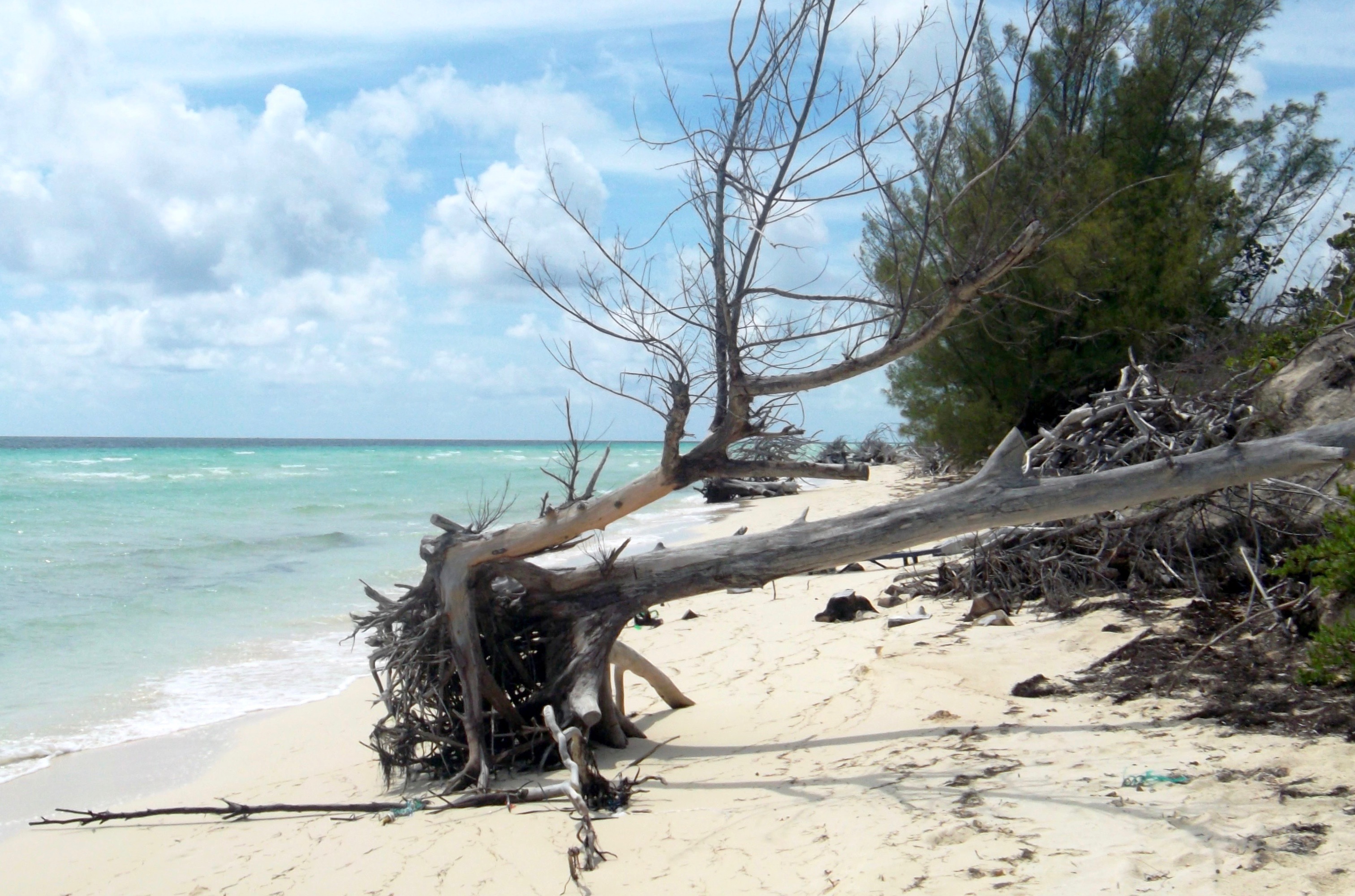Adaptation Fund Seminar in Caribbean Aimed at Enhancing Climate Finance Readiness and Project Development
See video
For media inquiries, please contact:
Matt Pueschel, Communications Officer
+1 202 473-6743 or mpueschel@adaptation-fund.org
Barbados (October 23, 2017) — The Adaptation Fund convenes 15 countries from across the Caribbean this week in a seminar in Barbados to share knowledge and best practices in developing and implementing effective adaptation projects.
The seminar, which takes place October 24-25 in Wildey, is co-hosted with the Caribbean Development Bank, an accredited regional implementing entity of the Adaptation Fund. About 40 people are expected to attend the seminar, which will cover all aspects of the Adaptation Fund project cycle – from design, preparation and development to evaluation. It will also discuss mainstreaming gender, environmental and social considerations into Fund projects.
An overview will be provided of the accreditation process, fiduciary requirements, and best practices under the Fund’s pioneering Direct Access modality – which empowers vulnerable developing countries to design adaptation projects and access climate finance directly through accredited national implementing entities (NIEs) while building their own capacities to adapt to climate change.
NIEs accredited with the Fund, including the Department of Environment (DoE) of Antigua and Barbuda and the Planning Institute of Jamaica (PIOJ), as well as staff from the Adaptation Fund and Caribbean Development Bank and other stakeholders from the region will participate in interactive discussions.
“As we have seen recently from Hurricanes Irma and Maria and other storms that have caused widespread damage to Caribbean islands, this region is particularly vulnerable to the negative impacts of climate change,” said Adaptation Fund Board Chair Michael Kracht. “This workshop will be pivotal in fostering an exchange of country experiences, successes and lessons to further enhance access to climate finance and adaptation actions on the ground and ensure Caribbean communities are well-prepared and resilient.”
The Adaptation Fund currently funds several projects in the region, including a US$ 9.9 million programme on the northwest coast of Antigua where the DoE is improving drainage, wetlands and climate-proofing infrastructure and a US$ 3 million project carried out by PIOJ to enhance sustainable and smart agriculture in Jamaica through improved water and land management. It is further funding restoration of marine and coastal systems through a US$ 6 million project implemented by the World Bank in Belize, and another US$ 6 million project in Cuba implemented by the UNDP to reduce communities’ vulnerability to coastal flooding through ecosystem-based adaptation.
Furthermore, the Adaptation Fund Board has endorsed a project concept in the Dominican Republic by the NIE, Dominican Institute of Integrated Development (IDDI), to enhance climate resilience in San Cristóbal Province through integrated water resources management and rural development.
All five countries are small island developing states (SIDS), which is also a special focus of the upcoming UN COP23 climate change conference in November in Bonn, Germany, with Fiji serving as the COP Presidency.
The seminar takes place at a time when the Fund is in high demand and gaining strong momentum heading into COP 23 in Bonn next month, where it will also commemorate the 10th anniversary of the launch of its operations. The Adaptation Fund Board just approved several new adaptation projects at its 30th meeting on October 12-13, including three SIDS projects in Fiji, Solomon Islands and Guinea-Bissau. The Fund has 13 approved SIDS projects in total, with 42% of its NIEs in SIDS or least developed countries.
The Board also approved a new five-year medium term strategy, which focuses on the pillars of Action, Innovation and Learning. It affirmed and strengthened what the Fund is already doing effectively in delivering concrete, localized and scalable adaptation actions on the ground while pioneering and sharing new adaptation innovations. Direct Access, as well as the Fund’s alternative streamlined accreditation process for smaller entities are good examples of those.
“Caribbean island nations and SIDS remain at high risk to climate change impacts,” said Adaptation Fund Board Secretariat Manager Mikko Ollikainen. “Rising sea levels, intense storms and varying rainfall put Caribbean communities and their primary economic sectors of fishing, tourism and agriculture at risk. This workshop is part of our strategic pillar of Learning and Sharing, and is an important aspect of our growing activities to foster knowledge that empowers countries and ultimately improves adaptation practices on the ground.”
The Fund’s Readiness Programme for Climate Finance convenes several in-country workshops and global webinars each year on the accreditation and project development processes, while funding technical assistance and south-to-south grants for NIEs.
ABOUT the ADAPTATION FUND
Since 2010, the Adaptation Fund has committed US$ 462 million to support 73 countries, with more than 5.4 million direct beneficiaries.
Communications: Matthew Pueschel, mpueschel@adaptation-fund.org or +1-202-473-6743
Attachments
| Attachment | Type | Size |
|---|---|---|
| Press release October 23, 2017 | 243 KB |


